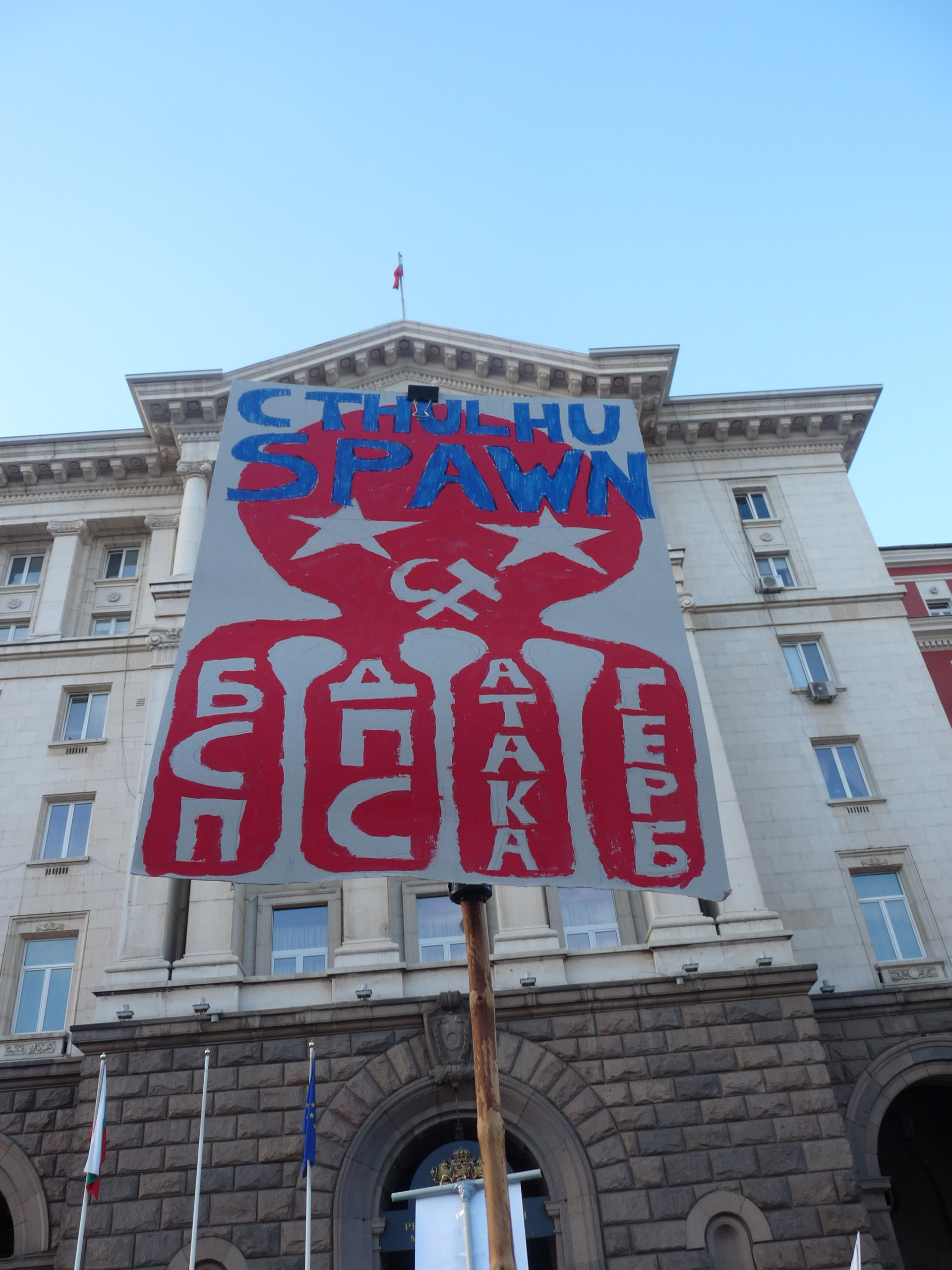Ivaylo Dinev - Post-Socialist Protest. Transition, Hegemony and Memory
The current presentation is based on the hypothesis that analysis of the political struggle in Southeast Europe protest arena can be traced back to the long-lasting effects of the founding moments when the institutions (of the liberal democracy and free market economy) were shaped and normative codes were established – i.e. the “transition” to democracy (1989). This hypothesis is twofold: the critical junctures are expected as transformative moments that have long-term impacts on the mobilisations to come both through legacies and memories (discursive opportunity) that affect mobilisations after transition and as moments that constitute (political and economic) constraints and opportunities for political participation. In this sense, the main expectation in the study of the protest arena in post-socialist contexts is that the mobilisations after 2008 present political struggle between radical line produced by and for subaltern groups (of the losers of the “transition”) whose anti-systematic (counter-hegemonic) frame called for social and economic equality and social justice. Whereas, the moderate line (the winners of the “transition”) is produced by powerful key actors (intellectuals and experts), NGOs and creative workers (generally the new middle class) who asked for accelerating the projects of political and economic modernisation (Europeanization and liberalization).
